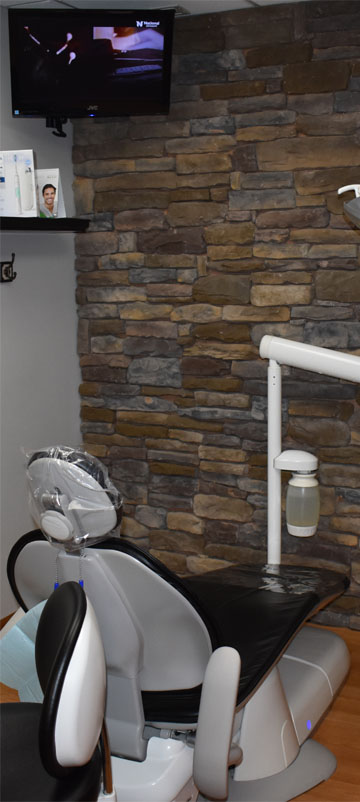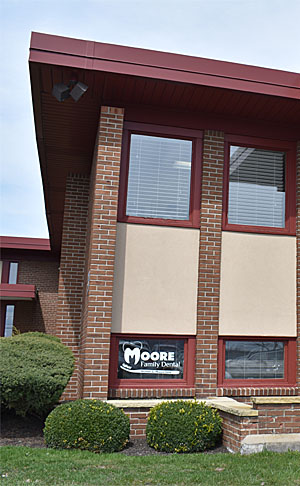 There are a few options to replace missing or extracted teeth. Here are some questions to consider: What’s the difference between a dental bridge and a dental implant? Which treatment option is right for me? Very often the dental implant is ideal, but numerous factors will need to be considered first, including if your tooth loss is recent or happened years ago.
There are a few options to replace missing or extracted teeth. Here are some questions to consider: What’s the difference between a dental bridge and a dental implant? Which treatment option is right for me? Very often the dental implant is ideal, but numerous factors will need to be considered first, including if your tooth loss is recent or happened years ago.
Practical Reasons for Both
In the past, a bridge was your only choice, and still involves more than just the missing tooth. The adjacent teeth need to be “prepped” by removing most of the enamel in order to fabricate the bridge. With dental implants, however, the dentist replaces just the individual tooth for a result that is stronger and permanent. Nonetheless, a dental bridge may be your best option if the neighboring teeth have large fillings and need crowns or caps in the future. And if the tooth or teeth have been lost for a long time, the gum and bone will have receded and procedures beyond the implant are required before placement. The advantages and disadvantages to both procedures can ultimately be discussed with our Amherst dentists.
Changes in Your Oral Care Routine
Your ability to keep your mouth healthy will be easier with an implant. Dental bridges are cemented or “fixed” in the mouth, and involve at least three crowns connected together to fill the space of the missing tooth. This design creates challenges when brushing and flossing, so extra oral hygiene instruction and meticulous home care are crucial. When flossing, in particular, an additional step is needed to thread the floss under the false tooth. In contrast, implants can replace teeth individually without affecting other teeth, making regular home care more successful. You can effectively brush and floss around an implant just like your natural tooth.
Durability
Dental implants are more durable than bridges, allowing them to provide protection that lasts a lifetime. The implant’s metal cylinder is normally made of titanium, according to the American Academy of Implant Dentistry (AAID), and this material fuses with your jawbone naturally through a process called osseointegration. Because it’s made of such a strong metal, they are very resistant to decay and gum problems. The average life of a dental bridge, on the other hand, is approximately 10 years. A portion of your natural tooth remains beneath it and normal wear may cause the bridge to fail more easily over time. In general, the remaining tooth structure continues to be susceptible to decay and gum disease.
Aesthetics
What about aesthetics? There isn’t always a simple answer, but we’ll be able to advise you. Often the implant will provide the most pleasing result, as we can make the final tooth look just like your natural enamel. Sometimes, an implant can be placed immediately after a tooth extraction, preserving the natural level of bone and improving the final appearance of the dental work.
Dental Bridge vs. Implant Cost
The cost of the dental bridge is initially less, but it may need to be replaced at some point in the future. Implants – from preparation to final placement – may seem more expensive, but over time can be more cost-effective. Fortunately, most dental insurance providers cover a portion of or all of the steps involved. In addition, implant treatment can be more flexible, allowing patients to budget the cost in increments.
So, dental bridge vs. implant? Based on your individual circumstances, Moore Family Dental will help you select the best treatment plan. Contact us today with any questions.



